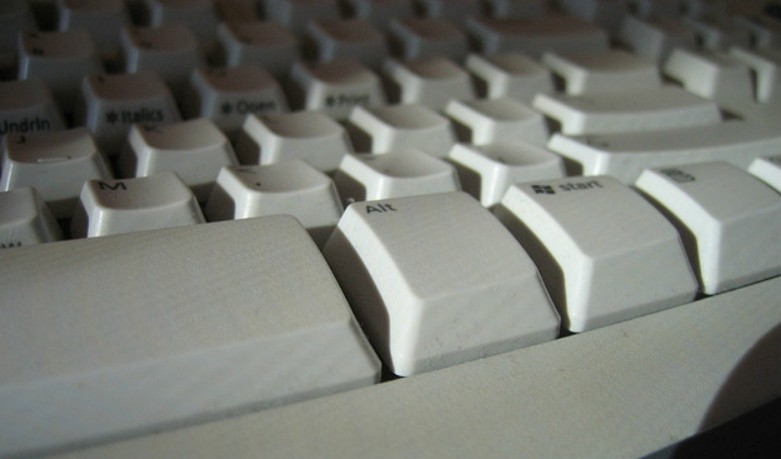
How the Loss of Net Neutrality Hurts Artists
For the artist, the inventor and the dreamer, the Internet has been a continent of possibility.
While developing and producing a Web-based documentary project free for watching and sharing, I’ve inhabited this landscape as both a creator and a participant. It’s been energizing to imagine the Internet as an endless, open expanse dotted with virtual laboratories, kitchens and studios filled with experiments and creations, cross-combining with new ideas and conversations.
But now our network providers want us to believe that the universal ability to work freely online is a luxury item, not a basic right.
Four years ago, I started developing Lunch Love Community to see what would happen if we designed an inviting environment for a cluster of short films about food-system reform.
I wanted this documentary project to contribute to a larger platform for dialogue, action and participation. We as filmmakers would connect with other artists about what we were discovering. Across networks and pathways, we would engage with new audiences far from our own camps. And then, letting go of control, we’d trust the films to viewers who could use them in their work.
This was the spirit of our “watch-and-share” intention: to offer, gather, expand and complicate the stories about food-system change while making them accessible to anyone who wanted to use them in their communities.
This kind of free and democratic exchange defines the open Internet, and it’s the reason so many of us are fighting to keep it free of discrimination.
The ISPs are battling hard to control the Internet, to make us pay higher entrance fees and block the pathways to ensure maximum profit. The laboratories, crisscrossing networks, serendipitous conversations, momentous gatherings and expansive imaginings are slowly being choked off as the promise of Net Neutrality fades, and sponsored streams gather power.
The policy struggles to protect Net Neutrality and the open Internet often seem abstracted from the daily complications of getting content online. But artists and makers can’t afford to be silent. If we don’t enter the fray, what will happen?
We will be dehumanized as anonymous “content makers.” Our work and voices will grow weaker, our images slow to load and devolving to a fuzzy low-definition.
Without competitive high-speed Internet access across the land, we will be easily sidelined. The newest ideas, cultural innovations and storytelling models will be created and distributed by artists way beyond U.S. borders who take high-capacity networks for granted. And we’ll be even less equipped to figure out equitable solutions to earn a decent living in this privatized digital shopping mall/gated community/media wasteland we’ve been corralled into.
When corporations are allowed to control and tier our Internet access, we will be fenced in — or, more likely, fenced out. Creativity is a form of open space. And the Internet has afforded us new pathways to bring out some of the best in human inspiration and generosity.
That’s how I imagine the open Internet — a grand geography of hope, a place where we give ourselves permission to generate new stories, new ideas, new hunches.
What will I do to fight back? Contribute my voice to the conversation and take the time to reach out to other artists about what’s actually at stake. Let the FCC and policymakers know that the Internet must remain open in the broadest way possible to protect this wilderness for all to use and enjoy. We must pressure the FCC and legislators to protect this digital environment where all may participate and move freely across borders and boundaries.
The free and open Internet cannot be our heritage. It has to be our future.
Helen De Michiel is a Berkeley-based independent filmmaker and writer. She is a visiting scholar at the University of Oregon, and her most recent transmedia work, Lunch Love Community, can be watched and shared at lunchlovecommunity.org.
Original photo by Flickr user Benny Lin